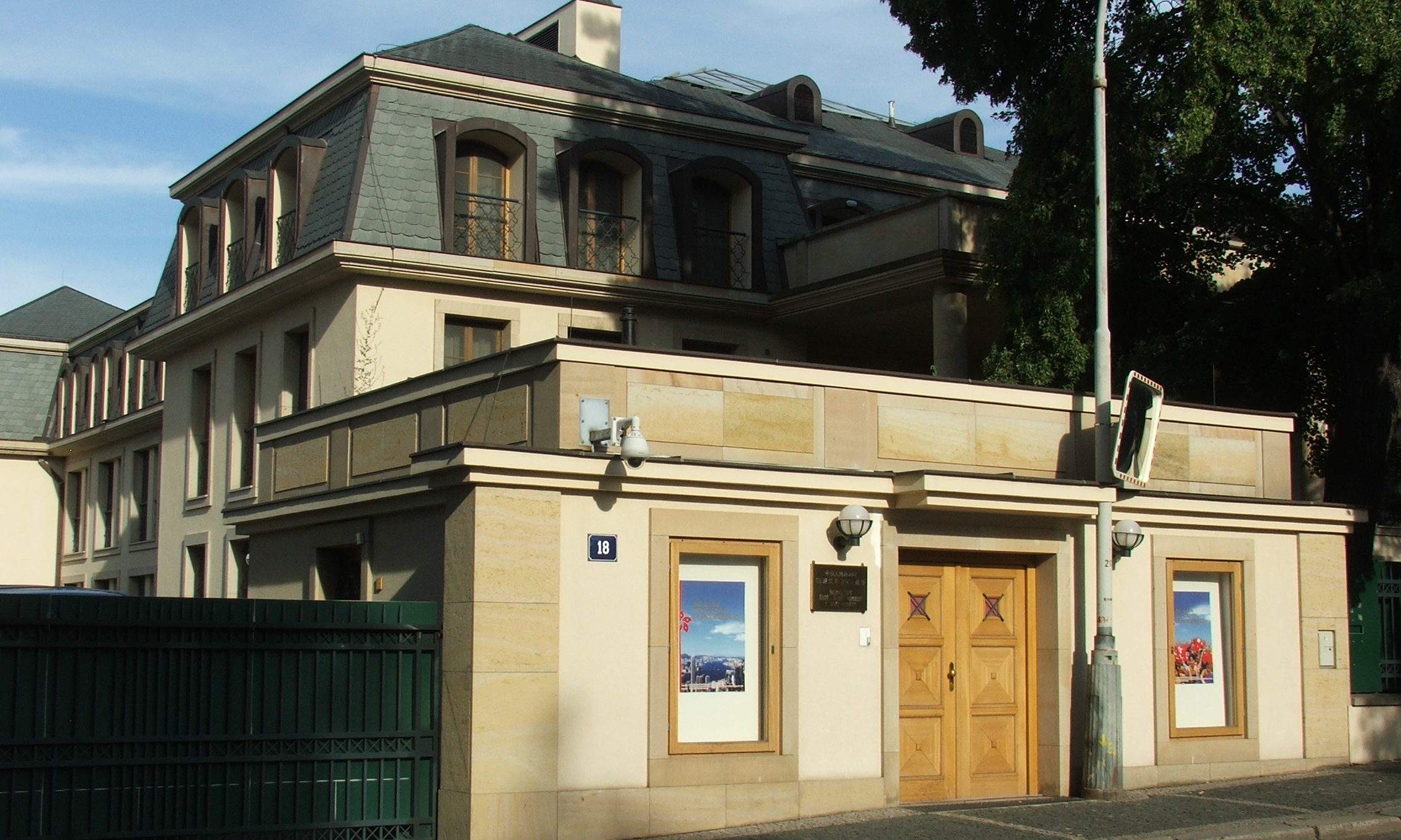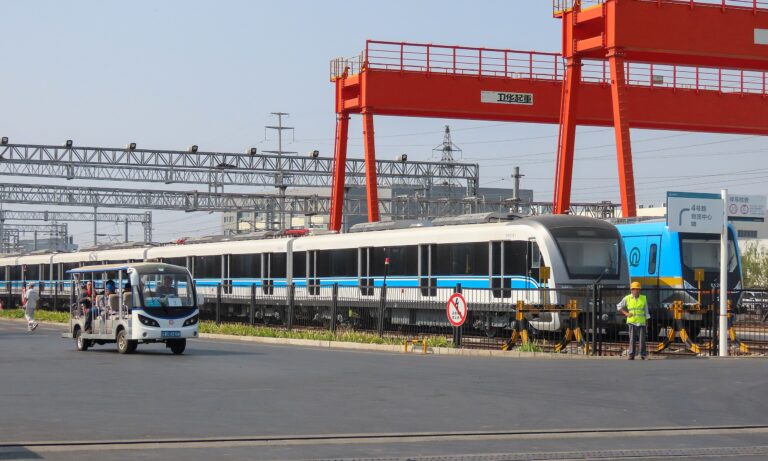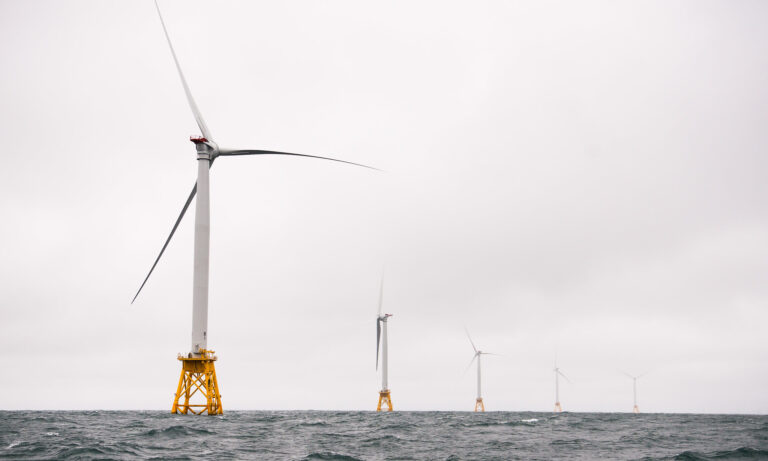China’s New Man in Prague Is Unlikely To Repair Damaged Relations

China has appointed a new ambassador to Prague, Feng Biao, who is replacing the former envoy Zhang Jianmin, whose tenure was marred by scandals. The change comes at a time when Czech-China relations continue to hit new lows, with no turnaround in sight.
The Right Person for the Job?
The incoming ambassador Feng Biao has an interesting background and significant diplomatic experience from difficult assignments. At the same time, he lacks any kind of regional expertise or experience with Czechia or (Central and Eastern) Europe. Feng studied Arabic and spent all his carrier working on Middle East issues, alternating between posts at the foreign ministry headquarters in Beijing at the Department of West Asian and North African Affairs and postings in Sudan, Egypt, and Syria. In Damascus, Feng spent more than 10 years in various posts, most recently as an ambassador to the country from 2018 up until recently.
Interestingly, Feng brought attention to himself at least two times during his time in Syria. In December 2021, Feng hosted the “ambassador” of Abkhazia, a Russia-backed separatist republic in Georgia that is only recognized by Syria and a few other countries, and is not recognized by China itself. Given the Chinese accent on the principle of territorial integrity, the meeting, later qualified as a “misunderstanding” after Georgia protested, appears to be a striking misstep. In another example, this time more of bad optics than an outright diplomatic misstep, Ambassador Feng participated in an opening ceremony of a Chinese movie shot in the devastated town al-Hajar al-Aswad, destroyed in the civil war.
Feng’s predecessor in the Czech Republic, Zhang Jianmin, was also not a regional expert, having instead built a career as an interpreter. Zhang’s tenure from 2018 coincided with the deterioration of Sino-Czech relations, a trend to which he also personally contributed. Soon after assuming his new post, Zhang was accused of lying in public by the Czech Prime Minister over the record of their discussion concerning the warning of the Czech cyber watchdog about Huawei and ZTE. Zhang had a troubled relationship with key Czech stakeholders, and there was even a serious debate for some time about calling upon China to recall him over the Chinese Embassy’s pressure related to the planned visit of Czech Senate Leader to Taiwan. While Zhang’s fortunes improved after the agreement between Prague and Beijing to set up an “air bridge” for the deliveries of the acutely needed PPE in the spring of 2020, he ended up in his post mostly isolated from key political players. While his successor Feng appears to be a more seasoned diplomat, his lack of regional expertise and history of controversies do not seem to bode well for China’s fortunes in Czechia.
It will also be interesting to see whether the new ambassador steps more forcefully into the domestic debate in Czechia. During his posting in Syria, Feng Biao apparently opened a personal Twitter account, which was, however, later deleted, for reasons unknown. The Chinese Embassy in Czechia has been relatively shut out from the mainstream media space in the recent years, instead working with fringe media, which have also been used to place op-eds in by visiting Chinese dignitaries.
No Stopping the Tide
Nevertheless, the persona of the ambassador ultimately plays a relatively minor role in bilateral relations that are shaped by broader trends – and these do not favor China’s standing in the country. After a brief honeymoon period that reached an apex in 2016 with the visit of Xi Jinping to Prague, the Sino-Czech relations continuously deteriorated. The disappointment with low level of investment, various scandals related to Chinese interference, concerns about involvement of Chinese vendors in the communication infrastructure as well as disputes over human rights and Taiwan have soured the bilateral ties. Czech intelligence agencies have warned against the rising threat coming from China, including in the recently unveiled annual report that claims, among other things, that China demanded Czechia to “terminate” its cooperation with Taiwan in exchange for the provision of COVID-19 vaccines (no deal on the delivery of Chinese vaccines was ever made).
The new center-right government led by Petr Fiala in power since late 2021 has further distanced itself from China, initiating a revision of bilateral ties that is still ongoing. The Chinese pressure over Taiwan proved counterproductive, with the Speaker of the Czech Chamber of Deputies, Markéta Pekarová Adamová, planning to follow the example of the Speaker of the Czech Senate and visit Taiwan next year. The Chinese position on the war in Ukraine, where it has echoed Russian justification for the war as a response to Western pressure and failed to condemn Russia, has further damaged China’s reputation in Czechia, that has stood at the forefront of the support for Ukraine in its defense against the Russian invasion.
The last remnants of the pro-China turn in the Czech foreign policy are set to depart the Czech political scene with the end of the second and final term of President Miloš Zeman in office. It might be then that the government, currently likely constrained by the effort to avoid conflict with Zeman, makes the final decision to leave China-CEE cooperation, following the example of the Baltic countries.
While China has downplayed the exit of these countries from what used to be 17+1, it seems to be interested in keeping the format alive, at least in some form, and investing diplomatic resources towards that objective. This is evidenced by the several diplomatic missions that have visited Czechia and other countries in the region over the past months, including, most recently, by China’s new special representative for ties with the region, Jiang Yu. Prague’s decision to leave the format might be felt the most in China, as it would be the most populous participating country to exit and one of those that have been seen by China as key partners in the cooperation grouping. The new Chinese ambassador thus has a tough assignment ahead of him, in which he is unlikely to succeed.
Written by
Filip Šebok
Filip Šebok is an analyst at CEIAS. He was a China Research Fellow and Project Manager at the Association for International Affairs (AMO) in Prague, Czech Republic.


